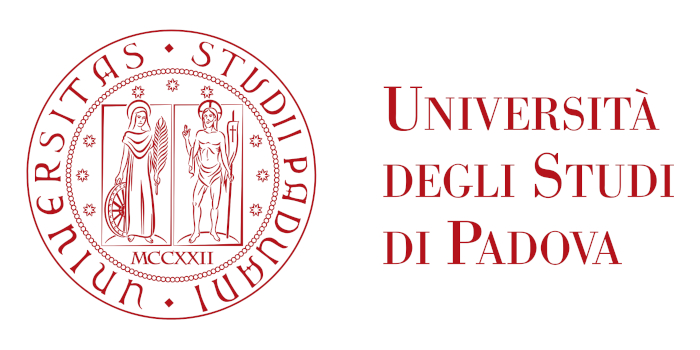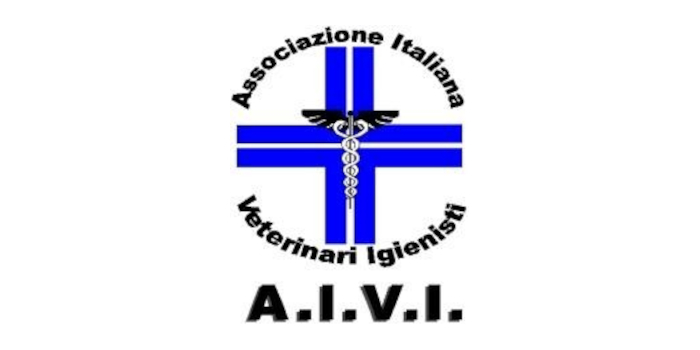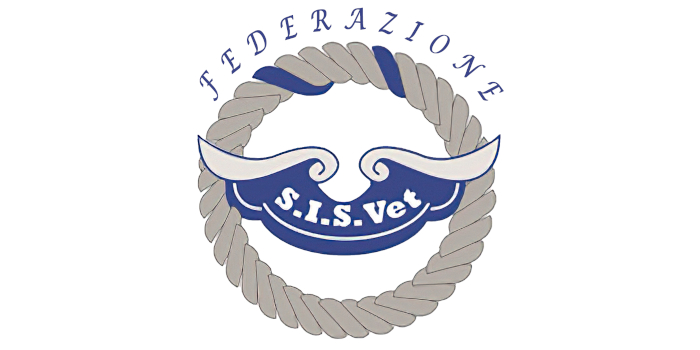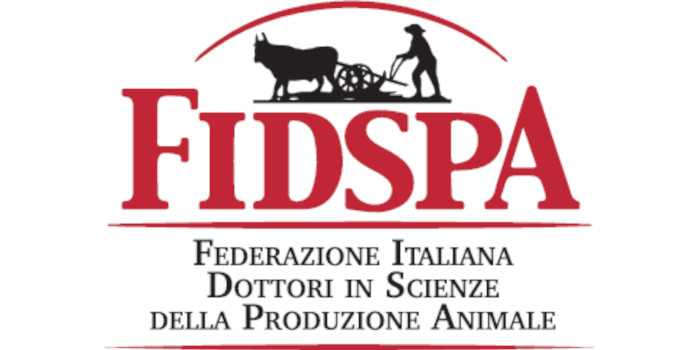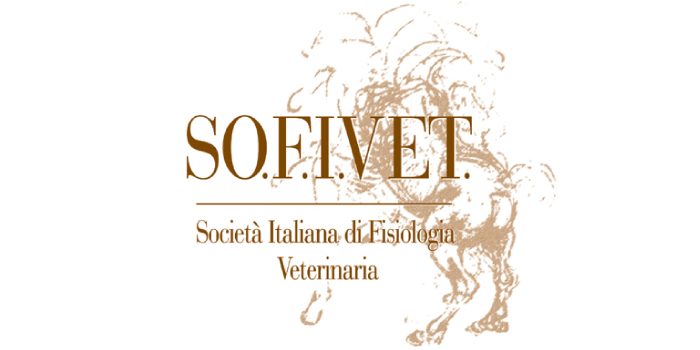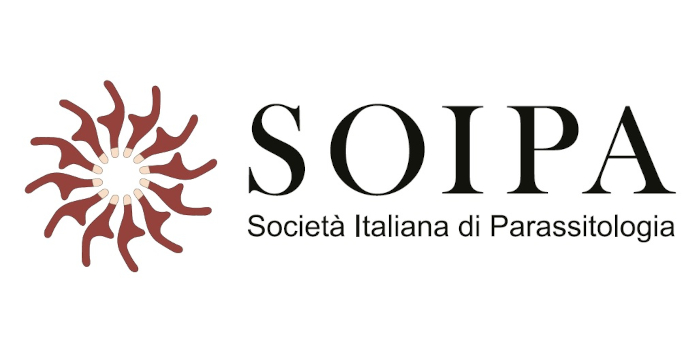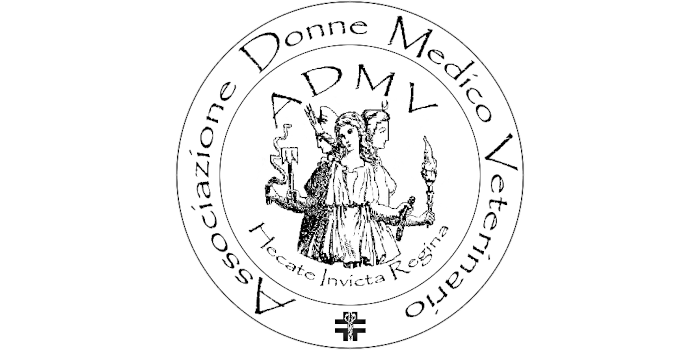SPECIAL SESSION #07
Biosensors and AI for Diagnostics in Veterinary and Animal Sciences
ORGANIZED BY
Meltem Elitas
Sabancı University & Karlsruhe Institute of Technology (KIT)
Monsur Islam
Universidad Politécnica de Madrid
Manaz Kaleel
Karlsruhe Institute of Technology (KIT)
Bilge Kaan Tekelioğlu
Çukurova University
SPECIAL SESSION DESCRIPTION
The growing intersection between biosensing technologies and artificial intelligence (AI) is transforming diagnostic practices in veterinary and animal sciences. The development of portable, low-cost, and high-sensitivity diagnostic tools is crucial for ensuring animal health, monitoring zoonotic diseases, and supporting sustainable livestock production. This special session aims to provide a platform for researchers, engineers, and practitioners to share advances in biosensor design, microfabricated diagnostic platforms, and AI-based data analysis methods that enable rapid, reliable, and cost-effective animal diagnostics.
Recent progress in micro- and nano-fabrication has enabled the creation of biosensors capable of detecting pathogens, biomarkers, and physiological parameters with unprecedented precision. Meanwhile, AI and machine learning techniques have opened new avenues for pattern recognition, predictive modeling, and decision support in animal health management. Together, these technologies hold the potential to revolutionize disease detection and monitoring in both domestic and wild animals.
TOPICS
This session welcomes contributions covering, but not limited to:
- Development and application of biosensors and lab-on-chip systems for veterinary use;
- AI-driven diagnostic models and predictive analytics for animal diseases;
- Integration of microfabricated tools with data-driven approaches;
- Real-time, field-deployable diagnostic systems, and;
- Case studies on cost-effective and sustainable diagnostic innovations.
By bridging biosensor technology and AI, this session aims to accelerate innovations that will make veterinary diagnostics faster, more reliable, and globally accessible.



